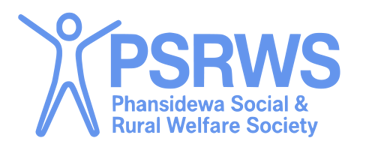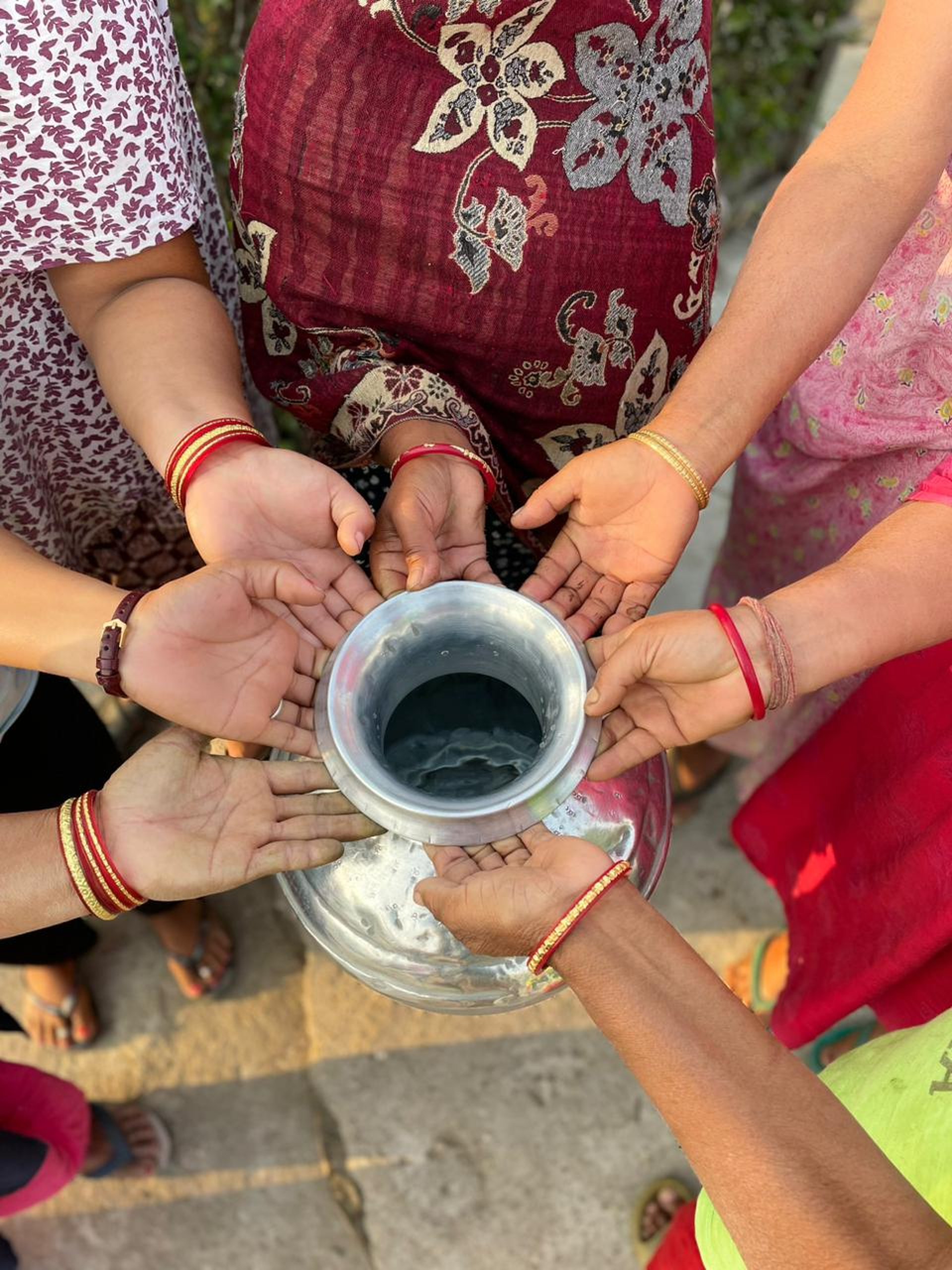
PHANSIDEWA SOCIAL & RURAL WELFARE SOCIETY
Our mission is to empower people and promote lasting improvements in water, sanitation, and hygiene (WaSH).
"Empowering Rural Communities for Change"
Phansidewa Social & Rural Welfare Society (PSRWS) is a non-profit organization founded in 2014 and headquartered in West Bengal, India. PSRWS is dedicated to improving the quality of life in rural communities by promoting sustainable water‐use practices, sanitation and hygiene (WASH), waste management and climate-resilience education.
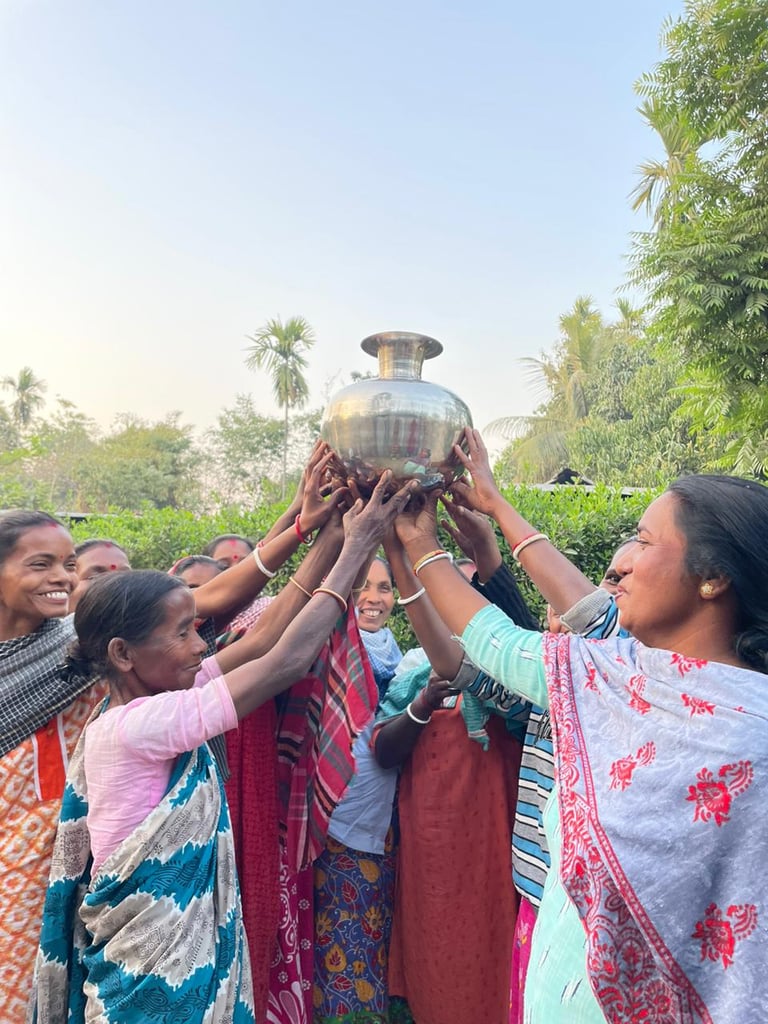

About Us
"Agar har ghar, har gali saaf ho, toh har dil khush hoga."
— Inspired by Dr. A.P.J. Abdul Kalam
To foster self-sufficient, healthy and environmentally resilient rural communities through responsible water management, sanitation, waste reduction and climate-aware living.
Our Vision:
Our Mission:
Responsible Drinking Water Use
Raise awareness about the responsible use and conservation of drinking water in rural areas.
Sustainable Waste Management
Implement sustainable solid and plastic waste management systems.
Safe Sanitation and Hygiene Access
Improve access to safe sanitation and hygiene facilities.
Greywater Reuse and Rainwater Harvesting
Promote greywater reuse and rainwater harvesting techniques.
Climate Change Awareness
Educate rural populations on the local and global impacts of climate change.
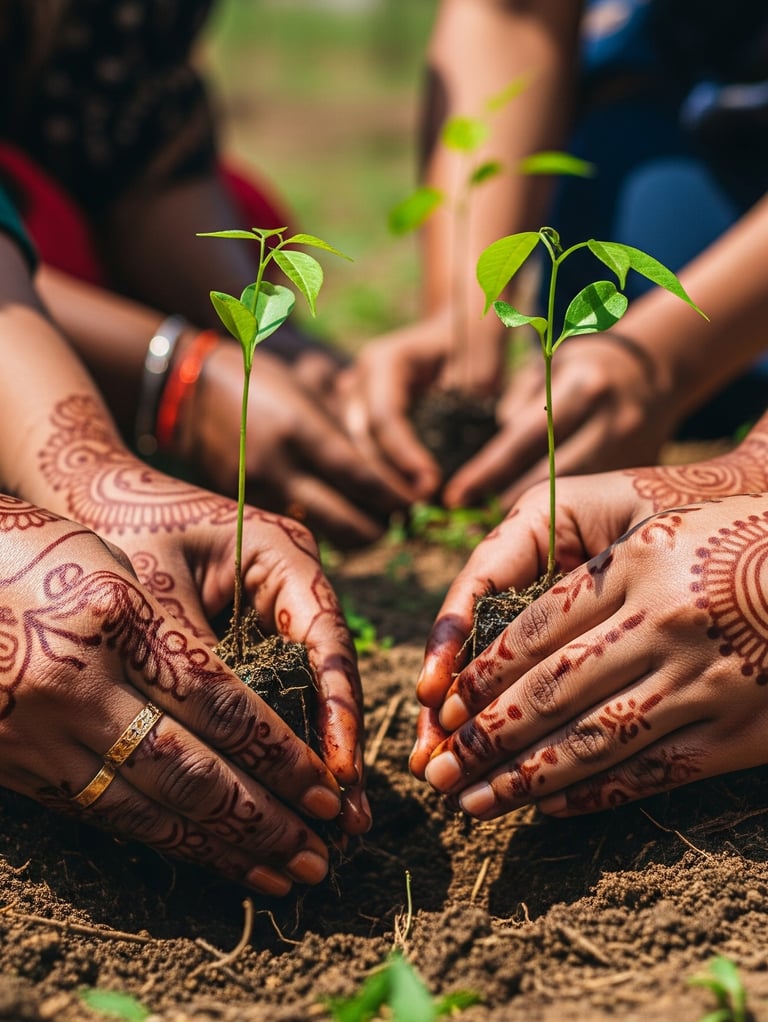

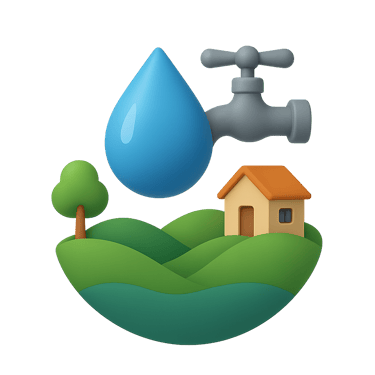

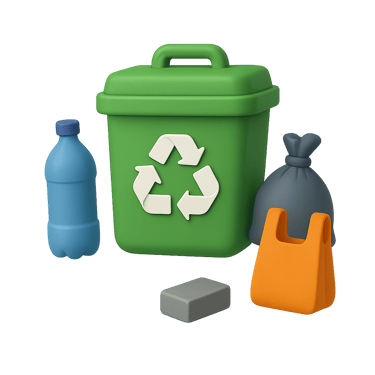

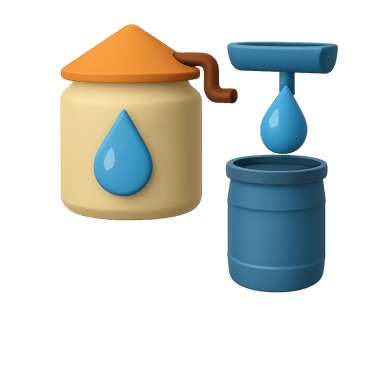

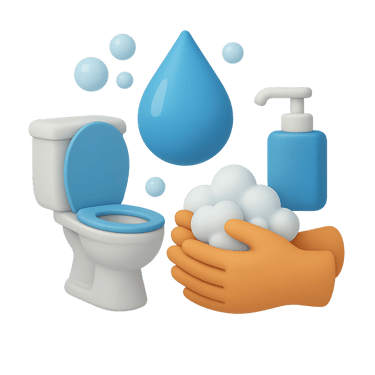

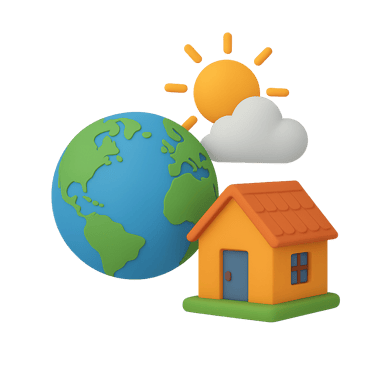

Our Core Programmes:
Installation and maintenance of community water filtration units.
Construction of household and school latrines.
Hygiene education workshops for women, children and community leaders.
Solid Waste Management: community-driven waste segregation, composting and recycling drives.
Plastic Waste Management: collection, upcycling and awareness campaigns to minimize single-use plastics.
Rainwater harvesting systems in schools and public buildings.
Greywater treatment units for agricultural reuse.
Demonstration projects on micro-irrigation and water-saving devices.
Village-level seminars on climate impacts and adaptation strategies.
Farmer training on climate-smart agriculture practices.
School outreach programes incorporating environmental stewardship into curricula.
PSRWS collaborates with district administrations, educational institutions, health agencies and corporate social responsibility (CSR) programmes. Funding sources include government grants, CSR contributions, private donations and international development agencies.
Drinking Water, Sanitation & Hygiene (WASH)
Waste Management
Water Conservation & Reuse
Climate Change Awareness
rural residents with WASH facilities and training.
Reached over
25,000+
Installed
150+
rainwater harvesting and greywater reuse systems.
Organized
200+
community workshops on waste segregation and composting.
Established partnerships with local panchayats, schools and health centres.
Governance & Team
Governed by a Board of Trustees with expertise in rural development, public health and environmental science.
A core team of project managers, community mobilizers, sanitation engineers and trainers.
Supported by volunteers from regional colleges and community groups.
